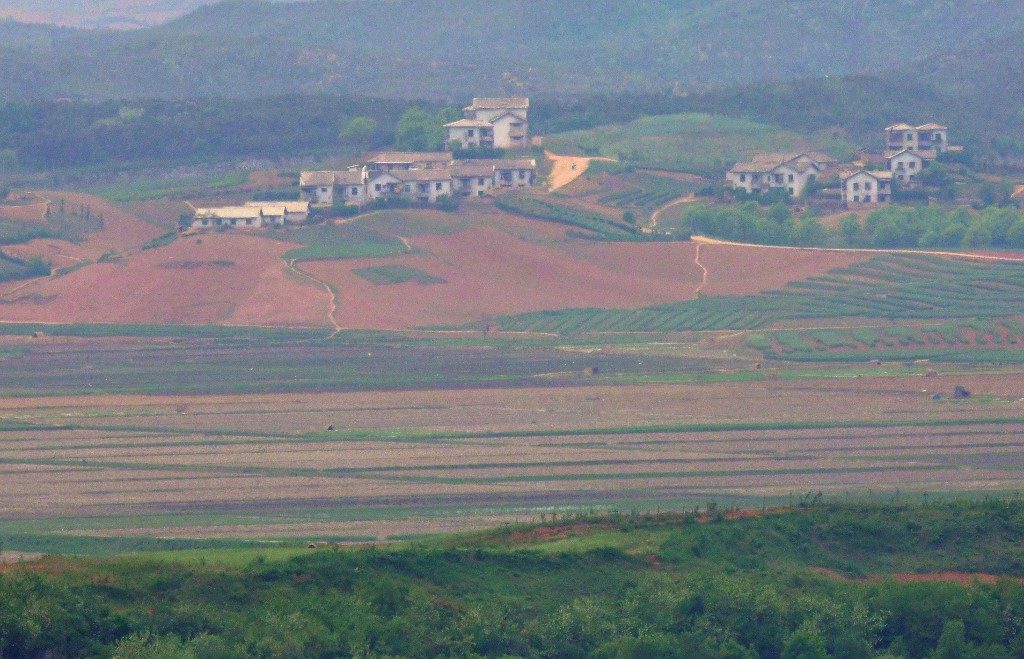SUMMARY
This is AI generated summarization, which may have errors. For context, always refer to the full article.

GENEVA, Switzerland – Food insecurity in North Korea is deepening and some people are “starving” after it closed the border with China and took other steps against COVID-19, a UN rights expert said Tuesday, June 9.
The hermetic totalitarian state, which has yet to confirm a single case of the novel coronavirus, introduced a range of other measures to try and prevent an outbreak.
Tomas Ojea Quintana, the United Nations special rapporteur on human rights in the country, called for urgent action from Pyongyang and the international community to relieve the suffering.
“Lack of food had a devastating impact in the DPRK (Democratic People’s Republic of Korea) in the 1990s, and prospects of a further deepening of food shortages and widespread food insecurity are alarming,” he said.
Hundreds of thousands are believed to have died during a famine in the mid to late 1990s, a period known as the “Arduous March” in the North.
Before the coronavirus crisis, more than 40% of people in North Korea were already considered food insecure, with many suffering malnutrition.
‘Irreversible damage’
One in 5 children under the age of 5 in the country are stunted, World Food Programme spokeswoman Elisabeth Byrs told a virtual briefing on Tuesday.
“Malnutrition on this scale means irreversible damage is being done to hundreds of thousands of children,” she said.
The decision 5 months ago to close the border with China, and putting thousands into isolation, are exacerbating the situation, said Quintana – an independent expert who does not speak on behalf of the UN but who reports his findings to it.
North Korea’s trade with China in March and April this year dropped by more than 90%, leaving many living in the border areas with no income, he said.
“There have been reports of an increase of homeless people in large cities, including kotjebi (street children), and medicine prices have reportedly skyrocketed,” his statement said.
“An increasing number of families eat only twice a day, or eat only corn, and some are starving,” it said.
The expert pointed to reports that soldiers were also reportedly suffering from food shortages, and voiced concern over the situation in prisons, particularly in secret prison camps.
Pointing to accounts of prisoners frequently dying due to exhaustive work, lack of food, overcrowding and contagious diseases, he urged Pyongyang to consider releasing vulnerable prisoners.
Quintana also warned of the impact of the punishing international sanctions imposed on North Korea.
“In a context where the pandemic is bringing drastic economic hardship to DPRK, I encourage the UN Security Council to reconsider sanctions, in light of the impact on the livelihoods of people and the government’s capacity to respond,” he said. – Rappler.com
Add a comment
How does this make you feel?
There are no comments yet. Add your comment to start the conversation.